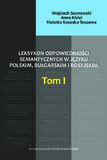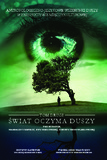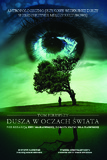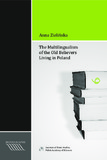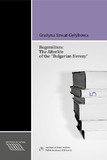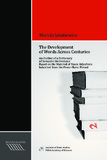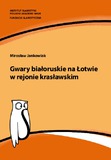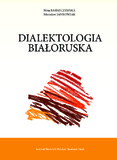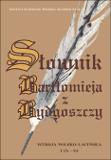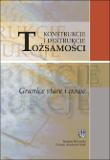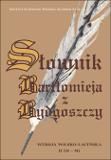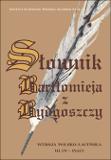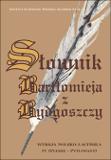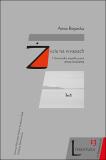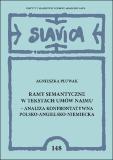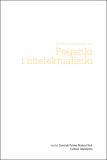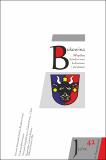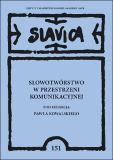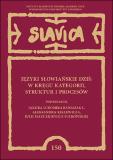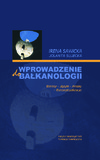
Introduction to balkanology
Wprowadzenie do bałkanologii
Keywords: Balkans; ethnic groups; language areas; borderland; language convergence; phonetics; syntax
“No other European region attracts this much attention, both positive and negative, as the Balkans. Why so? Looking into the history and culture of the region, we inevitably come to the absurd conclusion that similarities divide. Nations which think alike do all they can to be different. That is the Balkans for you. […] What is more, the Balkans, especially so-called Western Balkans, still constitute a testing ground which allows us to observe in real life the operation of processes of convergence in the realms of mentality and the language structures used to categorise notions” (from the introductory chapter) “The book presents new material originating from the authors’ own research – above all: a comprehensive study of Balkan phonetics, which differs substantially from the fragmentary classic approaches and introduces a new classification of regions as well as a number of hitherto unpresented details; a explication of the notions of “historical Balkans” and “cultural and mental Balkans” as well as a juxtaposition of their ranges with the “linguistic Balkans”. We also propose a methodology useful for description of all sorts of areal phenomena, a methodology resulting directly from the peculiar character of convergences within a language league” (from the Authors’ introductory comments).
More...
